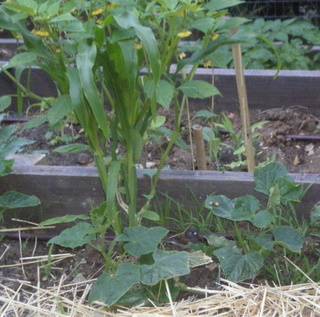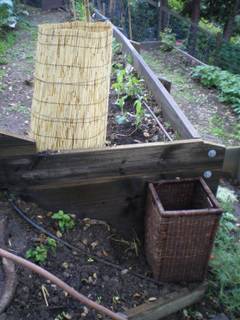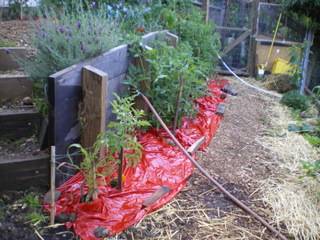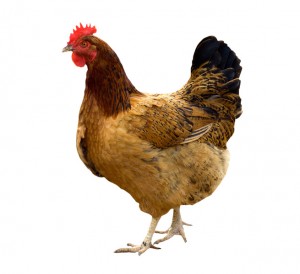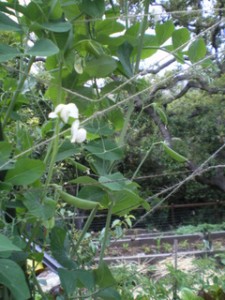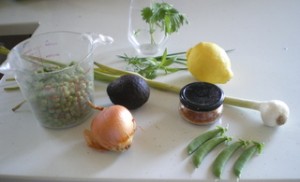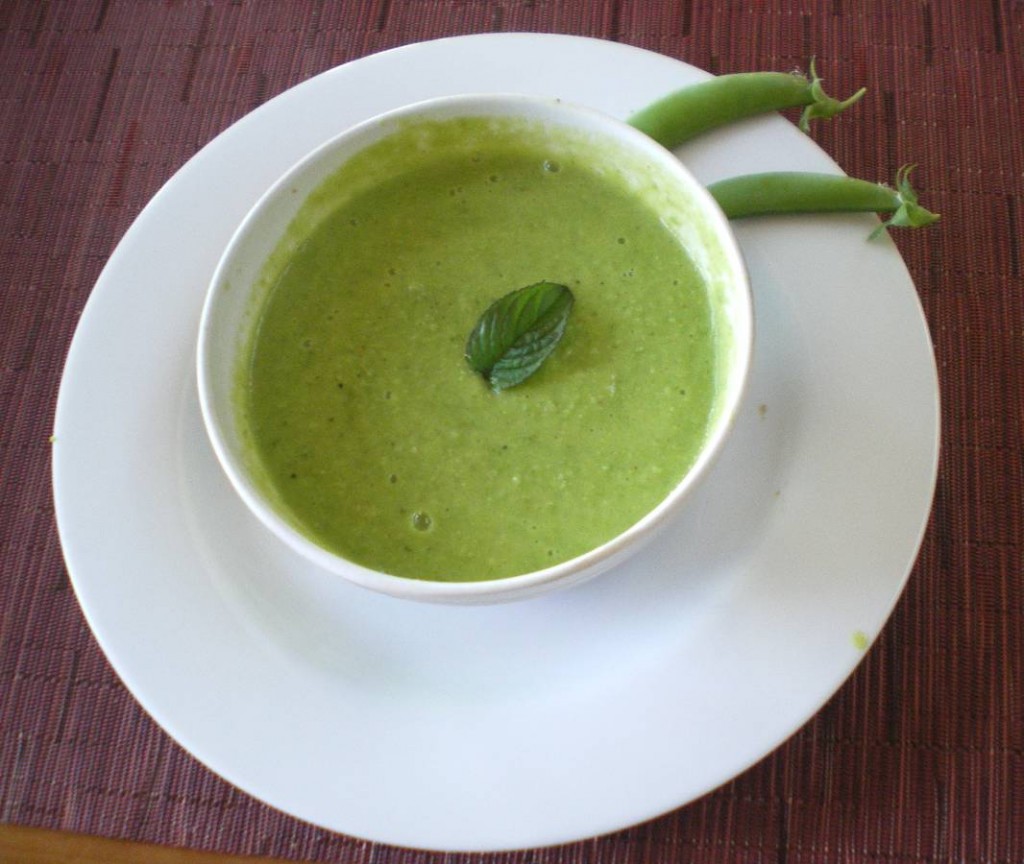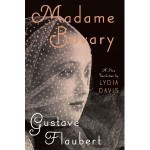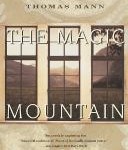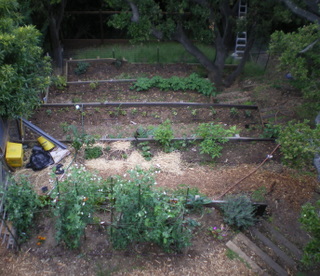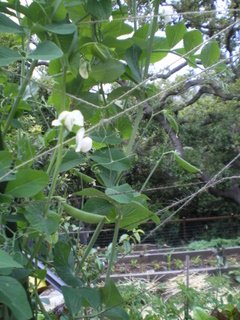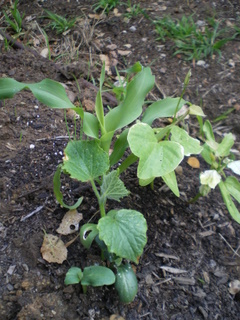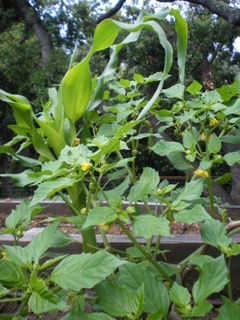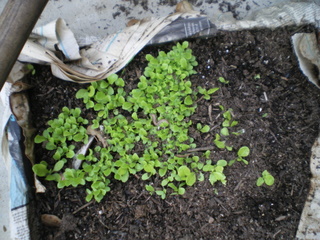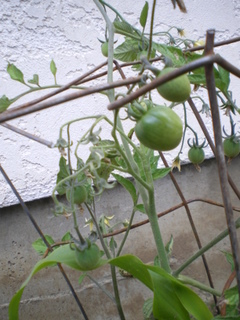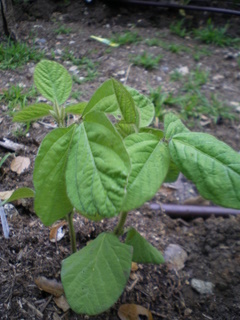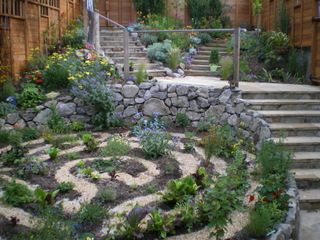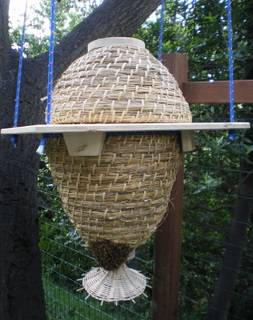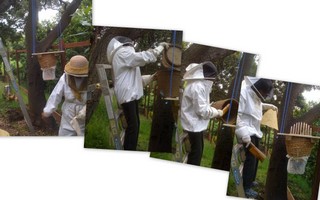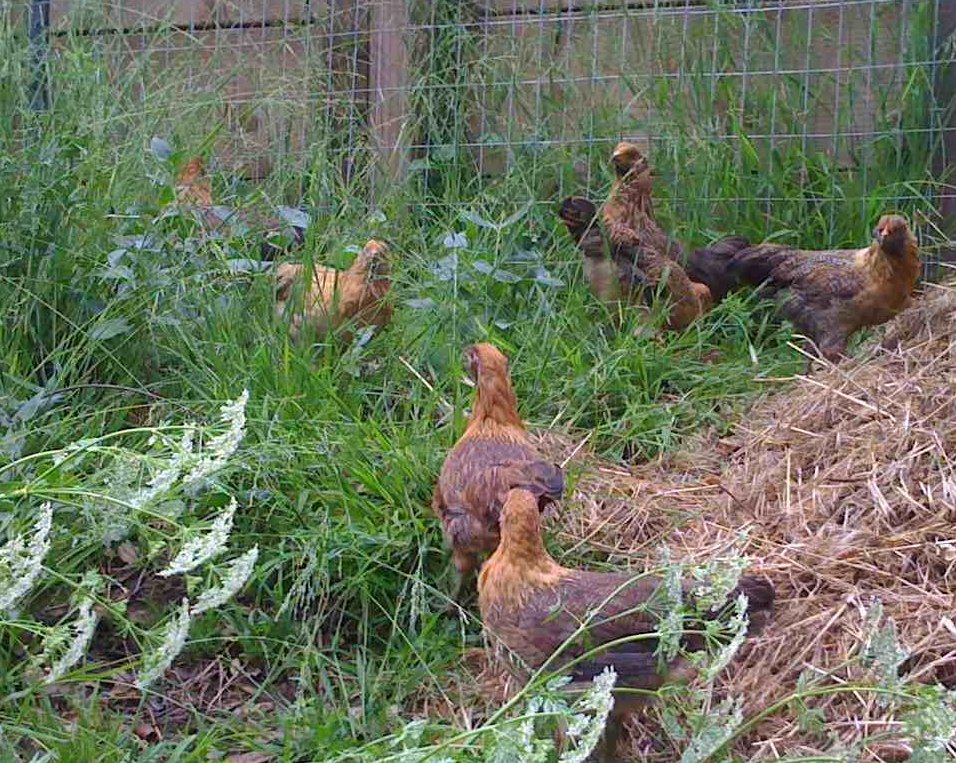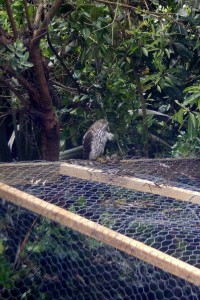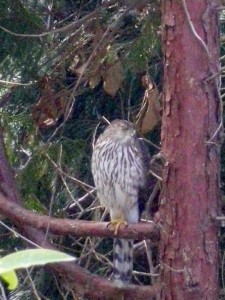Both the reading last night and my garden this morning exceeded my expectations. No photos today, I waited too late, the light is fading. But tomorrow, the magic will appear here. Last night there was a good crowd, what they call in the world of flamenco “agusto,” meaning a combination of sympathetic, knowledgeable, and up for the event. It was fun hearing the different voices, and people I had never met bought my book. The tart was a hit, too, I’m glad I brought it.
One of the poems I read was my translation of Neruda’s Ode to an Artichoke. I was reminded of this because a translation was posted on the Bennington Garden blog. Of course, I prefer mine…feel free to compare.
La alcachofa The artichoke
de tierno corazón its tender heart
se vistió de guerrero, dressed for war,
erecta, construyó upright, built itself
una pequeña cúpula, a little cupola
se mantuvo kept itself
impermeable impermeable
bajo under
sus escamas, its scales
a su lado nearby
los vegetales locos the crazy vegetables
se encresparon, curled into themselves
se hicieron made themselves
zarcillos, espadañas, tendrils, cattails
bulbos conmovedores, rustling bulbs,
en el subsuelo underground
durmió la zanahoria the carrot slept
de bigotes rojos, in its red whiskers,
la viña the vineyard
resecó los sarmientos dried the shoots
por donde sube el vino, from which wine rises,
la col brussels sprouts
se dedicó devoted themselves
a probarse faldas, to trying on skirts,
el orégano oregano
a perfumar el mundo, to perfuming the world,
y la dulce and the sweet
alcachofa artichoke
allí en el huerto, was there in the orchard
vestida de guerrero, dressed for war,
bruñida burnished
como una granada, like a grenade,
orgullosa, proud,
y un día till one day
una con otra one on top of the other
en grandes cestos in big wicker baskets
de mimbre, caminó it drove
por el mercado to the market
a realizar su sueño: to realize its dream:
la milicia. the militia.
En hileras In the ranks
nunca fue tan marcial none was more martial
como en la feria, as in the marketplace,
los hombres the men
entre las legumbres among the vegetables
con sus camisas blancas with their white shirts
eran were
mariscales field marshals
de las alcachofas, of artichokes,
las filas apretadas, the close ranks,
las voces de comando, the commando cries,
y la detonación and the detonation
de una caja que cae, of a falling box,
pero but
entonces then
viene Maria
María comes
con su cesto, with her basket,
escoge chooses
una alcachofa, an artichoke,
no le teme, not afraid of it,
la examina, la observa she examines it, looks at it
contra la luz como si fuera un huevo, against the light as if it were an egg
la compra, buys it.
la confunde mingles it
en su bolsa in her bag
con un par de zapatos, with a pair of shoes
con un repollo y una with a cabbage and a
botella bottle
de vinagre of vinegar
hasta until
que entrando a la cocina coming to the kitchen
la sumerge en la olla. she plunges it into a pot.
Así termina So, in peace,
en paz the struggle
esta carrera of this armored vegetable
del vegetal armado called artichoke
que se llama alcachofa, ends,
luego later
escama por escama scale by scale
desvestimos we undress
la delicia this delicacy
y comemos and eat
la pacífica pasta the peaceful pulp
de su corazón verde. of its green heart.
Pablo Neruda Translated by Meryl Natchez
I love how he plays with the spiney artichoke as an image of war, all its martial dreams conquered by simple Maria, who comes to market with her basket and isn’t afraid of it. And I love the way the short lines slow the poem down, give single words a certain weight. The language is very simple yet exquisite. Of course, translation is an iffy business… One does the best one can.

